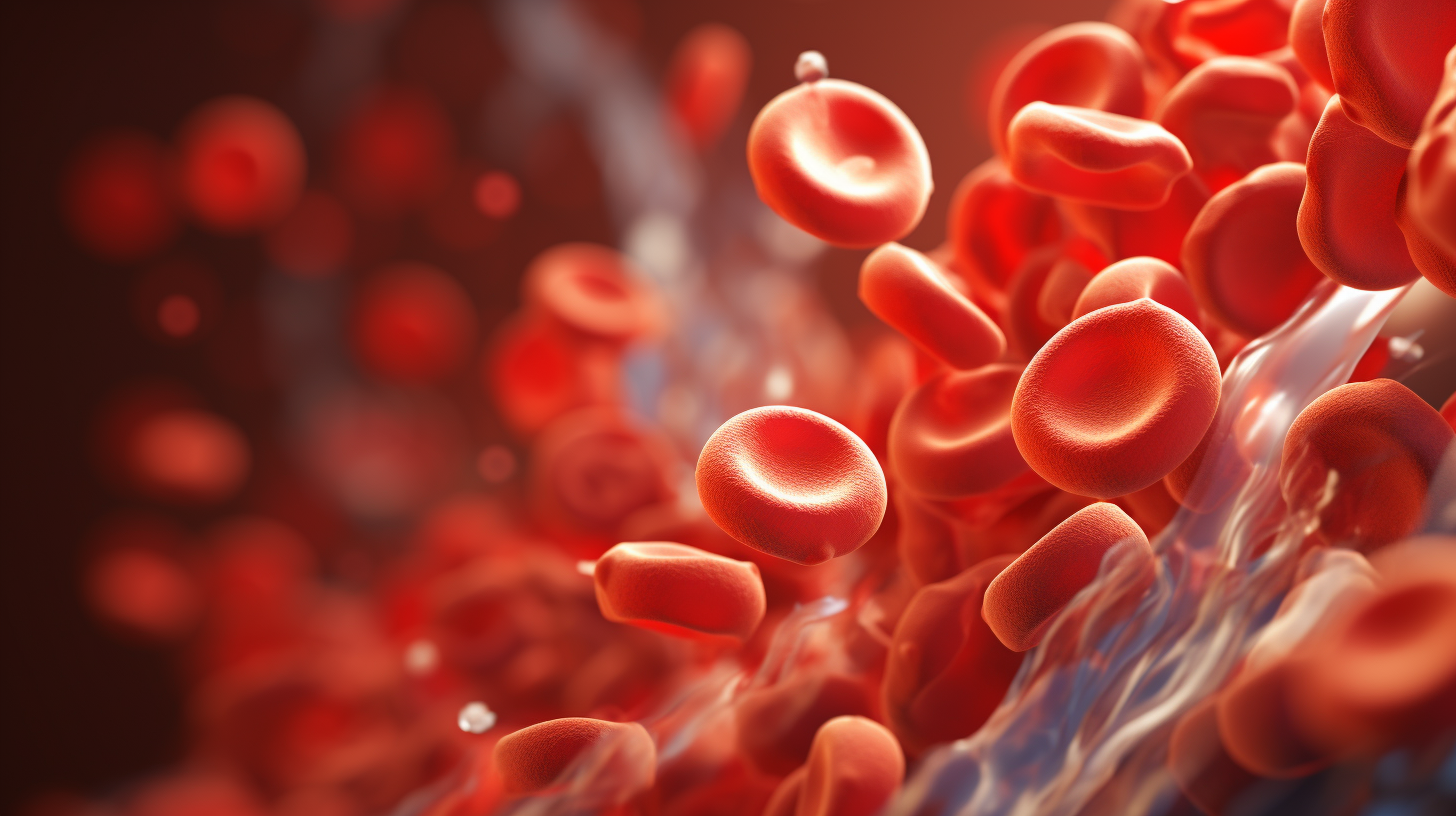
Empowering Health: Diabetes Self-Management Strategies
Diabetes self-management is an indispensable component of navigating life with diabetes, empowering individuals to assert control over their health and make informed choices regarding their dietary and lifestyle practices. Particularly in the pursuit of weight loss, the role of diabetes self-management becomes pronounced as it aids individuals in attaining their objectives.
By adopting healthy eating habits, consistent engagement in physical activity, and vigilant monitoring of blood sugar levels, individuals can effectively manage their weight and maintain optimal control over their diabetes. This multifaceted approach to self-management serves as a cornerstone in achieving holistic health and well-being for those with diabetes.

Blood Glucose Monitoring
Blood glucose monitoring is a crucial component of diabetes self-management and is vital in controlling diabetes. It involves regularly checking glucose levels in the blood to assess how well the body is processing sugar. By understanding their blood glucose levels, individuals with diabetes can make informed decisions about their diet, medication, and physical activity to maintain stable blood sugar levels.
Different methods of blood glucose monitoring are available to individuals with diabetes. One standard method is periodic finger stick tests, which involve pricking the finger with a small lancet to obtain a drop of blood. The blood sample is then transferred to a glucose meter to receive an immediate reading of the individual’s blood sugar level. This method allows for quick and convenient monitoring at any time.
Another method is continuous glucose monitoring (CGM) systems. This involves wearing a tiny sensor beneath the skin that measures glucose levels in the interstitial fluid every few minutes. The data is transmitted to a receiver or smartphone, providing real-time glucose readings and trends. CGM systems allow a more comprehensive understanding of daily blood glucose levels. They can help identify patterns and trends that may not be visible with periodic finger stick tests alone.
Both methods of blood glucose monitoring offer significant benefits for diabetic patients. Regular monitoring allows individuals with diabetes to make timely adjustments to their treatment plan, such as modifying their diet or medication dosage, to maintain stable blood sugar levels. It also allows for early detection of high or low blood sugar levels, enabling prompt action to prevent complications.

Healthy Meal Planning
The Shopping Guide and Nutrition Tips provide valuable information on healthier food choices. They help individuals identify nutritious options for weight loss and blood sugar control. Meal Planning Guides offer assistance in creating balanced and portion-controlled meals. These guides typically include sample meal plans, recipes, and tips on portion sizes.
One key element in diabetes self-management is understanding the impact of carbohydrates on blood sugar levels. The No More Carb Confusion resource is a helpful tool that educates individuals about carbohydrates and their effect on blood sugar. By understanding how different types of carbohydrates can impact blood sugar levels, individuals can make more informed choices about their food intake.
Meal planning is integral to diabetes self-management as it allows individuals to control their calorie intake, balance their nutrient intake, and regulate blood sugar levels. By planning meals, individuals can ensure they consume a healthy and balanced diet while maintaining a suitable calorie level for weight loss. Meal planning also provides structure and consistency, making it easier to make healthier choices and adhere to a weight loss plan.

Insulin Administration
Insulin administration plays a crucial role in diabetes self-management, particularly in the context of weight loss. There are two main methods of administering insulin: injectable and insulin pumps. Injecting insulin involves using a syringe or an insulin pen to deliver the hormone subcutaneously into the fatty layer under the skin. This method allows for precise dosage control and is suitable for individuals who prefer a manual approach.
On the other hand, insulin pumps offer a more automated and continuous delivery system. These tiny devices are typically worn externally and are connected to the body through a small plastic catheter inserted under the skin. Insulin pumps provide a steady release of insulin throughout the day, and users can also administer extra doses as needed. This method offers greater flexibility and convenience, particularly for individuals with an active lifestyle.
Determining the best type of insulin for each patient depends on several factors, including their blood sugar levels, lifestyle, and insulin sensitivity. Various types of insulin are available, such as rapid-acting, short-acting, intermediate-acting, and long-acting, each with different onset and duration characteristics.
Regardless of the method and type of insulin used, proper administration is essential in diabetes self-management. Consistent and accurate insulin delivery helps regulate blood sugar levels, prevents complications, and facilitates weight loss. Following healthcare provider recommendations and training is essential to ensure safe and effective insulin administration.
Empowering Health: Diabetes Self-Management with Regner Health Solutions
Diabetes self-management empowers individuals to take control of their condition, manage symptoms, prevent complications, and achieve optimal blood sugar control. By adopting healthy eating habits, monitoring your blood sugar levels, and exploring insulin administration options, you can take proactive steps towards managing your condition and achieving your weight loss goals. For personalized guidance and support tailored to your unique needs, consider scheduling a weight loss consultation with Regner Health Solutions. Call (952) 900-3994 today to schedule a weight loss consultation.
We proudly provide weight loss services for these areas of Bloomington, MN:
East Bloomington, North Corridor Park, East Bloomington South, West Bloomington, West Bloomington North, Nord Myr Park, Canterbury Park, Anderson Park, Bloomington Southwest, Bloomington South, Oxboro, Bloomington Ferry, South Loop District, Penn-American, Skriebakken Park, Heritage Hills Park, Lake Girard Park, Bryant Park, and Bloomington Northeast.
We also provide medical weight loss services for people from these areas near Bloomington, MN:
Minneapolis, Mendota Heights, Burnsville, Eagan, Edina, Richfield, Savage, Eden Prairie, Saint Paul, Hopkins, Prior Lake, Minnetonka, Shakopee, Mendota, Chanhassen, Lakeville, Rosemount, Excelsior, Chaska, Wayzata, Inver Grove Heights, Navarre, Minnetonka Beach, Farmington, South Saint Paul, Victoria, Spring Park, Long Lake, Carver, Newport, Saint Paul Park, Mound, New Market, Elko, Jordan, Webster, Cottage Grove, Maple Plain, Hamel, Saint Bonifacius, Osseo, Vermillion, Castle Rock, Loretto, Cologne, Waconia, New Prague, Hampton, Champlin, Lake Elmo, Hastings, Willernie, Circle Pines, Lonsdale, Randolph, Belle Plaine, Watertown, Delano, Rockford, Hanover, Hugo, and Cannon Falls.







